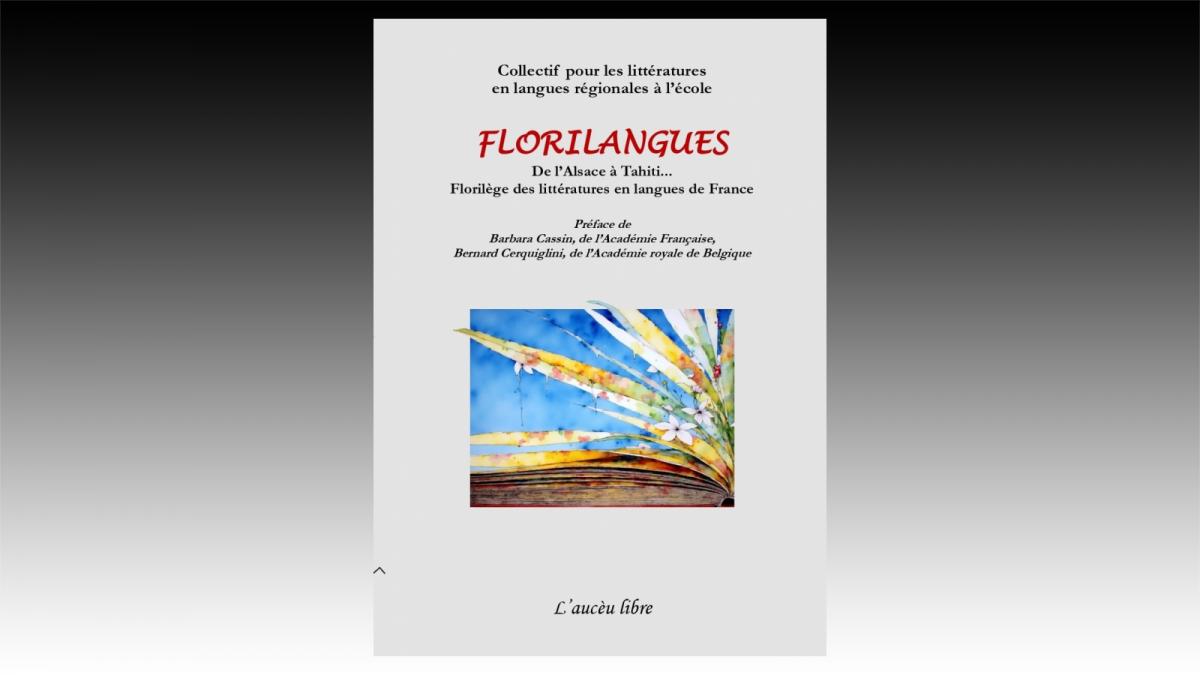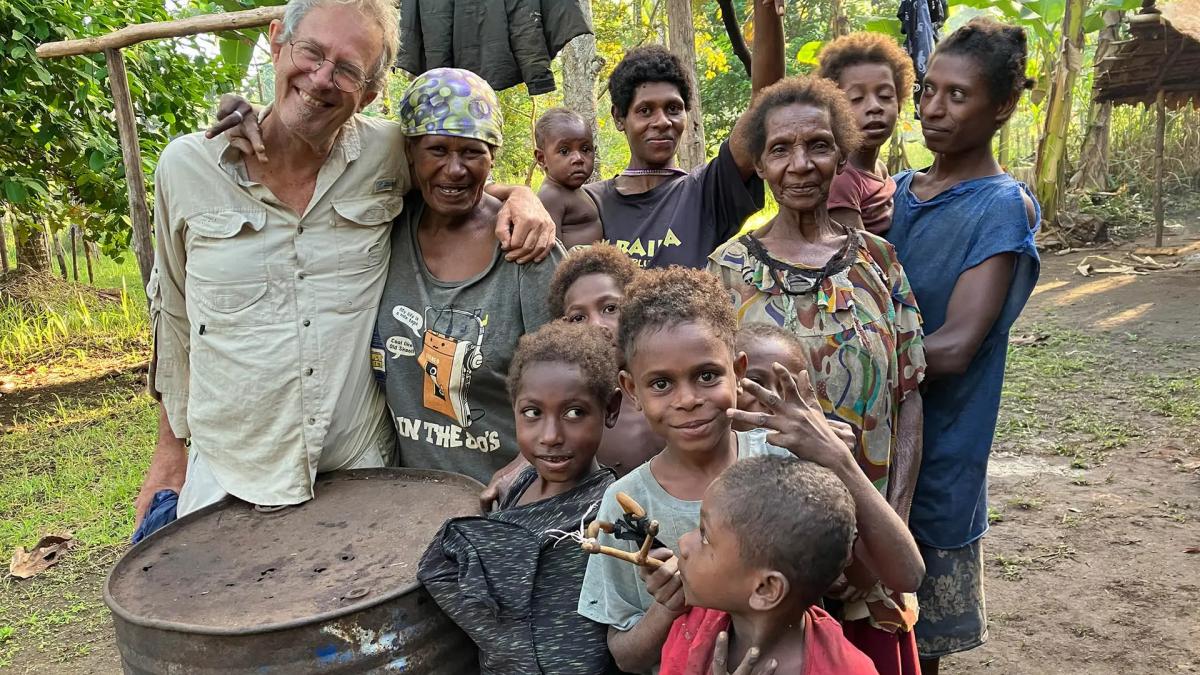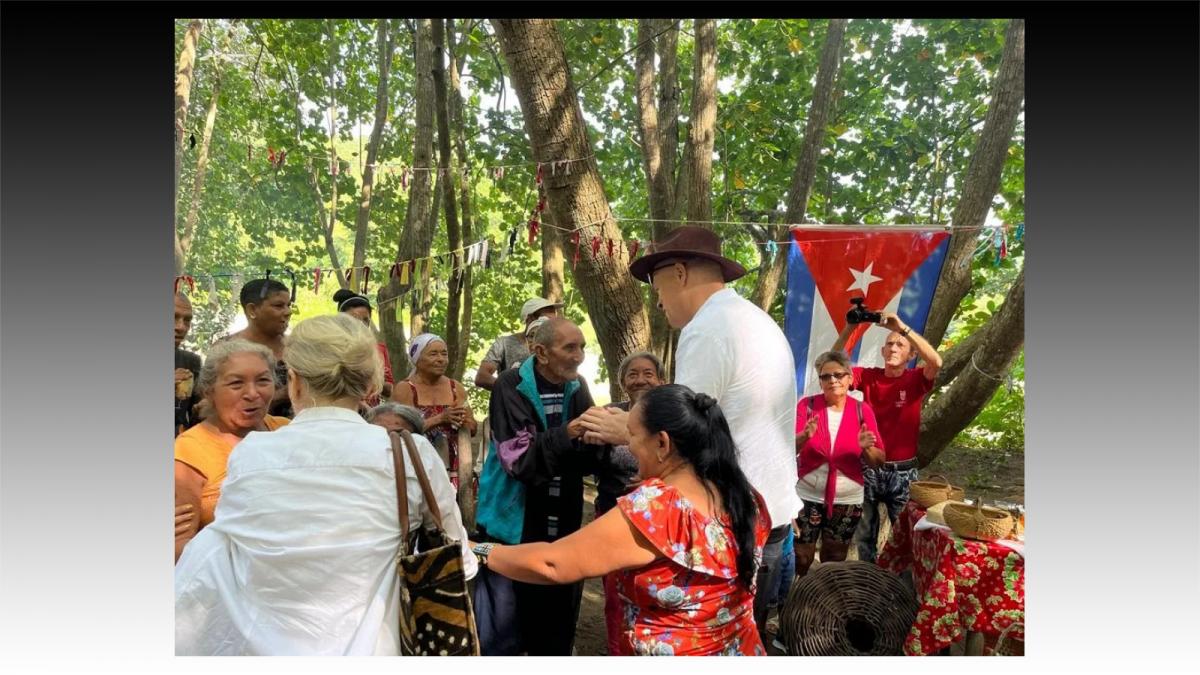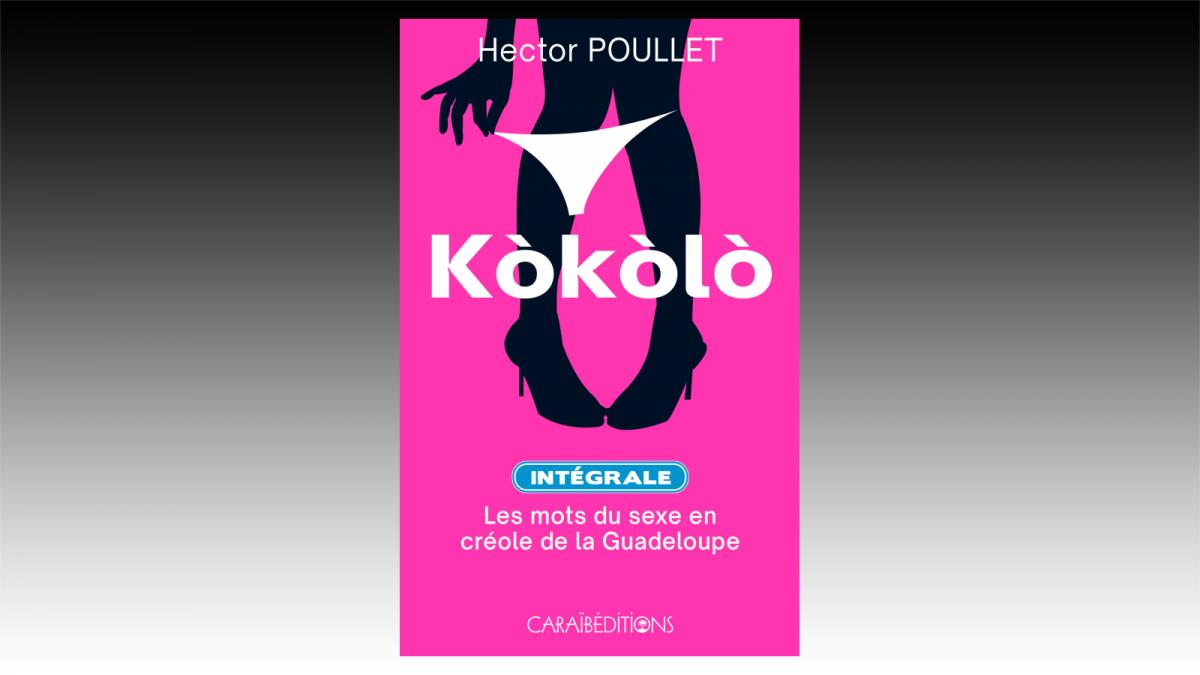New Gaelic youth strategy to focus on language outside classroom

More opportunities need to be built around Gaelic education if young people are to develop a “level of functional fluency”, it has been said.
A new strategy is being developed to help expand learning of the language beyond the classroom and during extra-curricular activities.
The £150,000 plan, split over two years, is being run in partnership between Bòrd na Gàidhlig and youth development group Comunn na Gàidhlig.
The process will run until March 2026, when the Gaelic Youth Strategy is due to be completed.
However, it is expected that positive recommendations “might flow from the strategy work” as it progresses. The Strategy has been identified as a specific target in the National Plan for Gaelic for the next five years.
Glasgow Gaelic school P7 pupils (Image: Colin Mearns/NQ)Comunn na Gàidhlig (CnaG ) chief executive Donald MacNeill: “Although we are at the beginning of this process, I think that some things are clear from the very outset.
“In the first place we are not criticising in any way the work that’s taking place in Gaelic education. Young people are getting a very good education, but if our objective is that more of them leave school with better abilities in Gaelic, and a greater confidence and desire to use the language, then we need to look at the education model to see what else can be built around it.
“Secondly that we will need to look at creating new data sources or tools to allow us to better measure fluency and language affinity. In due course these would allow us to demonstrate success in bringing more young people to that point.”
Two steering groups are being established to guide the development of the strategy.
The first will be drawn from people and organisations with experience in Gaelic language development, Gaelic education, and youth work. There will be youth representation on this group.
The second will involve young Gaelic speakers from across Scotland, including those who went to further education as well as those who left Gaelic Medium Education at an earlier stage.
Gaelic signs (Image: Colin Mearns/NQ)Mr MacNeill said: “We’ve become increasingly aware of the need for a more strategic approach towards the youth and extra-curricular work that is delivered around Gaelic Medium Education schools and settings.
“We are delighted that Bòrd na Gàidhlig agree, and that they have asked us to take the lead in this important work. We have already started our conversations with key partners who we hope will be involved in this with us.
“More importantly than that perhaps, we have begun to gather the views and opinions of the young people themselves.”
He added: “Having them at the heart of this process will be a priority for us, to be sure we hear what they believe will be needed to bring more of Scotland’s young Gaelic speakers to a greater level of fluency, and a greater willingness to use the language.”
The first steering group met for the first time just in the last few days, with the second expected to meet in the near future. The groups will meet together as the strategy development takes shape.
Ealasaid MacDonald, chief executive of Bòrd na Gàidhlig said: “Bòrd na Gàidhlig are delighted that CnaG are leading on this critically important work in relation to young Gaelic speakers, It is essential that these young people understand they are a key focus of ours as we look to the strength of the Gaelic language in the future.
“Youth voices will need to be at the heart of this work, and as a foundation for the strategy which will outline development priorities for this age group.”
photo : Gaelic education was praised, alongside a recognition more needs to be done (Image: Mark F Gibson / Gibson Digital)
- Se connecter ou s'inscrire pour publier un commentaire
- 36 vues
Connexion utilisateur
Dans la même rubrique
Breiz-info.com
26/02/2026 - 22:43
Laura Spinney ("Observer.co.uk")
24/02/2026 - 08:04
19/02/2026 - 10:07
Commentaires récents
Ces bouffons de rois, émirs et autres cheicks arabes
INFOS
@Lidé
04/03/2026 - 08:01
la chaine AL24news donnent des infos objectives.
Lire la suiteCes bouffons de rois, émirs et autres cheicks arabes
fermer les télés
@Lidé
04/03/2026 - 07:56
Depuis le début, ces médias blans racistes soutiennent ces criminels. Lire la suite
Yolanda Diaz Perez, député socialiste espagnole, cloue le bec à un facho
Très digne...
Frédéric C.
03/03/2026 - 15:02
...et très ferme, cette députée militante.... Lire la suite
Une "manawa" va présider le...Conseil de Sécurité de l'ONU !
Si ceci n’est pas un fake, à quel titre...
Frédéric C.
03/03/2026 - 14:23
...Mme Trump va-t-elle présider le CS de l’ONU? Lire la suite
Rigoladeries au "Pays des océans"
Meu non...
Albè
02/03/2026 - 16:14
...des "océaniqués" :
Lire la suite
Top 5 des articles
Aujourd'hui :
- REPRESSION IMPITOYABLE EN COREE DU NORD
- Arabie saoudite : danser au son des missiles
- Ces bouffons de rois, émirs et autres cheicks arabes
- Le PLP, « Pour le Peuple », a tenu sa dernière réunion stratégique aux côtés de ses colistiers et colistières
- Iran : funérailles des quelques déjà 596 morts sous les bombes américano-israéliennes
Depuis toujours :
- Tous les présidents et premiers ministres de la Caraïbe sont vaccinés
- L'intolérable appauvrissement intellectuel et culturel de la Guadeloupe et dans une moindre mesure de la Martinique !
- LETTRE OUVERTE AU 31ème PREFET FRANCAIS DE MARTINIQUE
- L'arrière-grand-père maternel de Joan Bardella était...algérien
- Les triplement vaccinés contre le covid ne bandent plus





